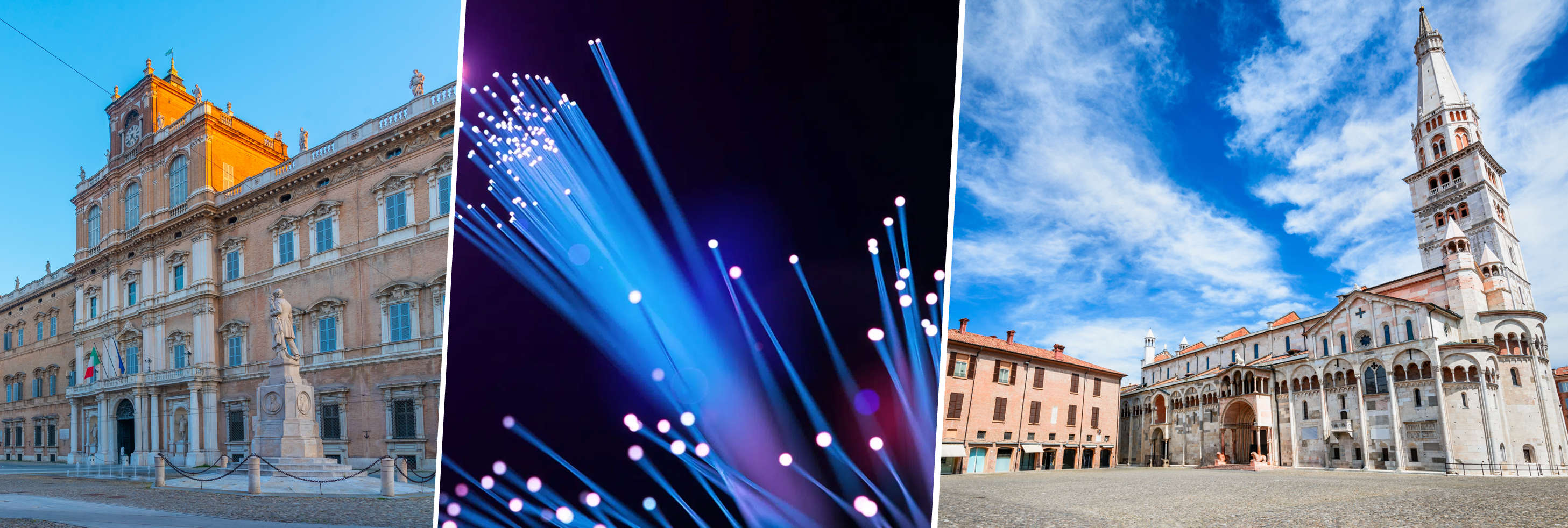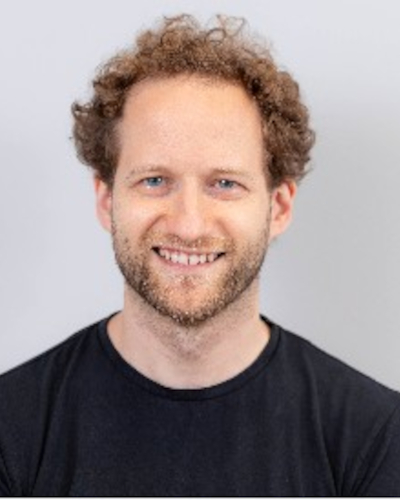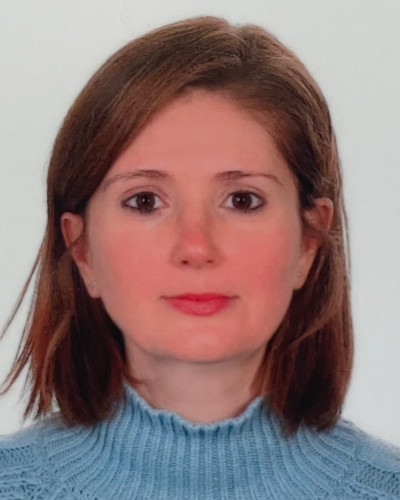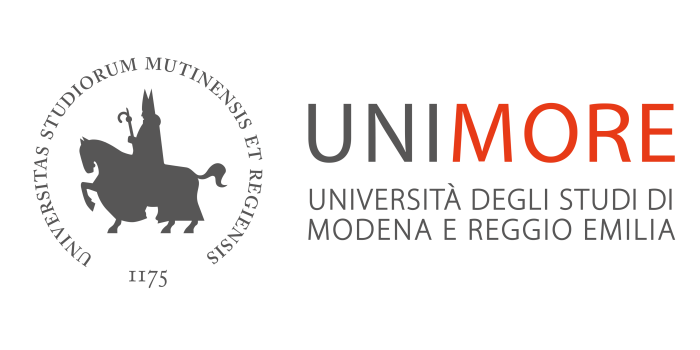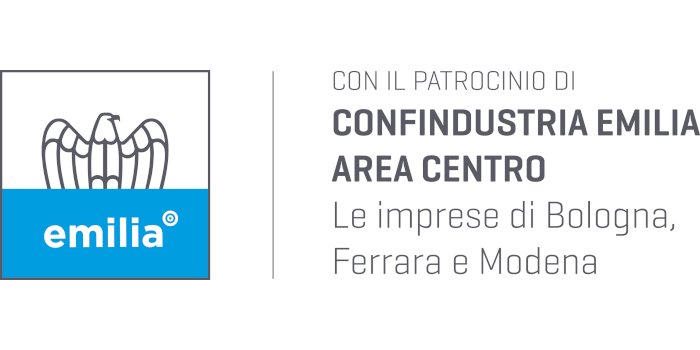SPECIAL SESSION #1
Neurophotonics
ORGANIZED BY
Paolo Pozzi
Politecnico di Milano, Italy
Daniela Gandolfi
University of Modena and Reggio Emilia, Italy
ABSTRACT
The aim of the Session is to highlight recent advancements in optical technologies and their applications to brain research, focusing on their impact in both basic and clinical neuroscience. The fusion of traditional neuroscience methodologies with light-based control techniques in the field of neurophotonics has led to the creation of groundbreaking tools. These innovations serve a wide range of applications, from fundamental neuroscience and neurobiology research to clinical diagnostics, functional imaging, brain-computer interfaces, and beyond. Optical technologies are thus at the forefront of diverse approaches to brain research across multiple scales, including but not limited to: i) high-resolution nonlinear microscopy ii) advanced optogenetics iii) fluorescence imaging of functional biomarkers iv) diffusion spectroscopy for clinical applications (fNIRS). Despite significant advances, several challenges remain due to the complexity and heterogeneity of the brain. The Session aims to bring together leading experts in the field to discuss significant challenges that will shape future innovations in neurophotonics.
ABOUT THE ORGANIZERS
Paolo Pozzi is an Assistant Professor in Physics at the Department of Physics of Politecnico di Milano (Italy). His main research interest is in the development of optical imaging methods for biomedical applications, and the development of computer-generated holography methods for vision applications. His previous activity includes the development of nonlinear microscopy methods for functional imaging in brain slices at the Neuroscience department of the University of Pavia, the development of in-vivo imaging and whole-brain imaging at the Biomedical Sciences department of the University of Modena and Reggio Emilia (Italy), and the development of adaptive optics methods for microscopy at the Technical University of Delft (Netherlands).
Daniela Gandolfi holds a degree in Physics from the University of Modena and Reggio Emilia and a degree in Biosystems Physics from the University of Parma. She completed her PhD in Physiology and Neuroscience at the University of Pavia, where she combined optical techniques and computational approaches to study cerebellar networks. Currently, she is Assistant Professor in Bioengineering at the University of Modena & Reggio Emilia, dissecting neural circuit function and information processing in the brain, combining theoretical and computational neuroscience and bioengineering approaches. She coordinates the Neurocomputational unit of the Neuromorphic Intelligence Lab, and leverages on a multifaceted expertise ranging from experimental neuroscience -- particularly with 2-photon holographic microscopy-- to theoretical neuroscience.

